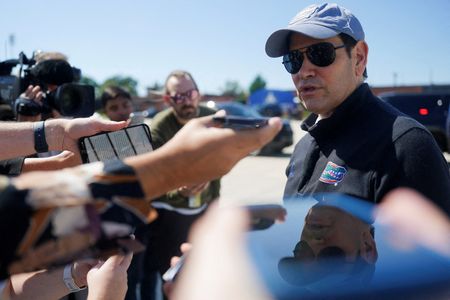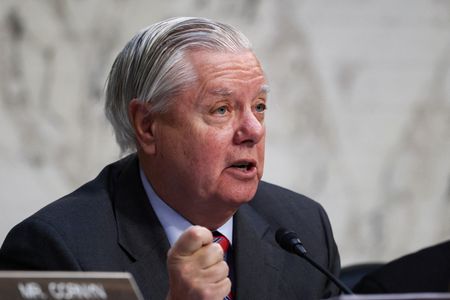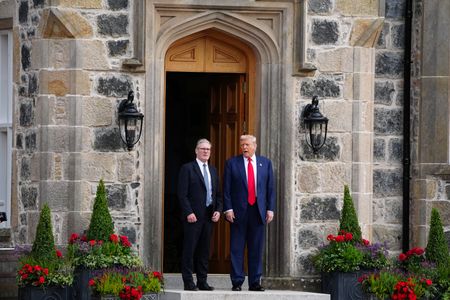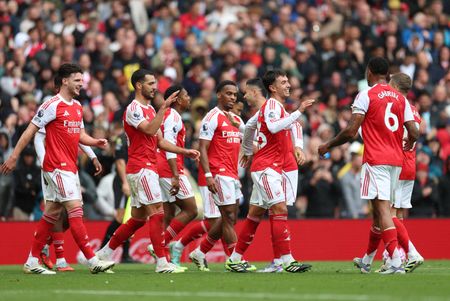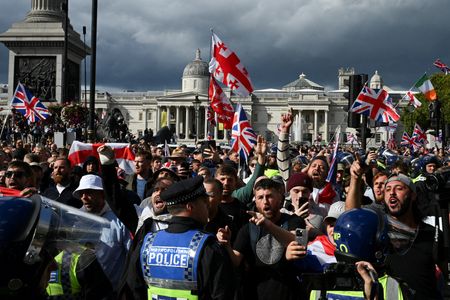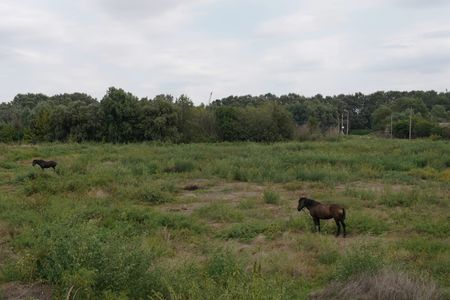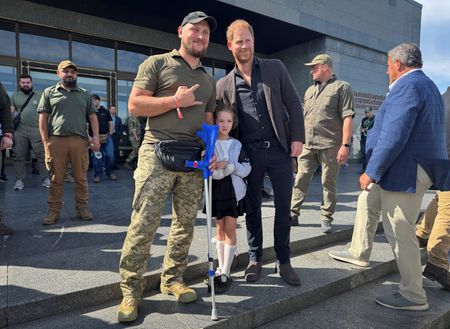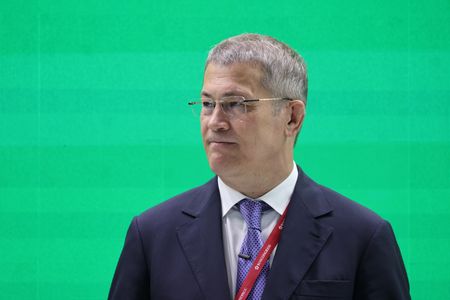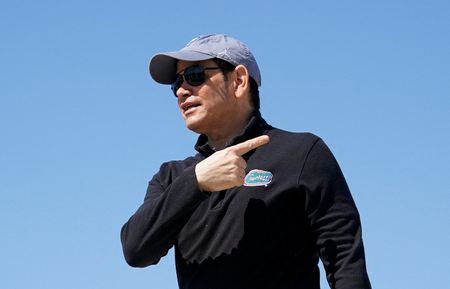By Simon Lewis
WASHINGTON (Reuters) – U.S. President Donald Trump’s top diplomat, Marco Rubio headed to Israel on Saturday, amid tensions with fellow U.S. allies in the Middle East over Israel’s strike on Hamas leaders in Qatar and expansion of settlements in the occupied West Bank.
Speaking to reporters before departure, Rubio reiterated that the U.S. and President Donald Trump were not happy about the strikes.
Rubio said the U.S. relationship with Israel would not be affected, but that he would discuss with the Israelis how the strike would affect Trump’s desire to secure the return of all the hostages held by Hamas, get rid of the militants and end the Gaza war.
“What’s happened, has happened,” he said. “We’re gonna meet with them. We’re gonna talk about what the future holds,” he said.
“There are still 48 hostages that deserve to be released immediately, all at once. And there is still the hard work ahead once this ends, of rebuilding Gaza in a way that provides people the quality of life that they all want.”
Rubio said it had yet to be determined who would do that, who would pay for it and who would be in charge of the process.
After Israel, Rubio is due to join Trump’s planned visit to Britain next week.
Israel’s nearly two-year-long campaign has killed more than 64,000 people in the Palestinian enclave, according to local authorities. It has sparked a hunger crisis and led to allegations that Israel is committing genocide, including this month by the world’s biggest group of genocide scholars.
Israel launched its campaign after Hamas’s October 7, 2023, attacks on Israel that killed 1,200 people and resulted in the capture of 251 hostages, according to Israeli figures.
Hamas still holds 48 hostages, and Qatar has been one of the mediators, along with the U.S., trying to secure a ceasefire deal that would include the captives’ release.
On Tuesday, Israel attempted to kill the political leaders of Hamas with an airstrike on Doha. U.S. officials described it as a unilateral escalation that did not serve American or Israeli interests.
The strike on the territory of a close U.S. ally sparked broad condemnation from other Arab states and derailed ceasefire and hostage talks brokered by Qatar.
On Friday, Rubio met with Qatar’s Prime Minister Mohammed bin Abdulrahman Al-Thani at the White House, underscoring competing interests in the region that Rubio will seek to balance on his trip. Later that day, U.S. President Donald Trump held dinner with the prime minister in New York.
Rubio’s trip comes ahead of high-level meetings at the United Nations in New York later this month. Countries including France and Britain are expected to recognize Palestinian statehood, a move opposed by Israel.
Washington says such recognition would bolster Hamas and Rubio has suggested the move could spur the annexation of the West Bank sought by hardline members of the Israeli government.
ON Thursday, Israeli Prime Minister Benjamin Netanyahu signed an agreement to push ahead with a settlement expansion plan that would cut across West Bank land that the Palestinians seek for a state. Last week, the United Arab Emirates warned that this would cross a red line and undermine the U.S.-brokered Abraham Accords that normalized UAE-Israel relations in 2020.
(Reporting by Simon Lewis; Additional reporting by David Brunnstrom and Jason Lange; Editing by Rami Ayyub, Nia Williams and David Gregorio)

